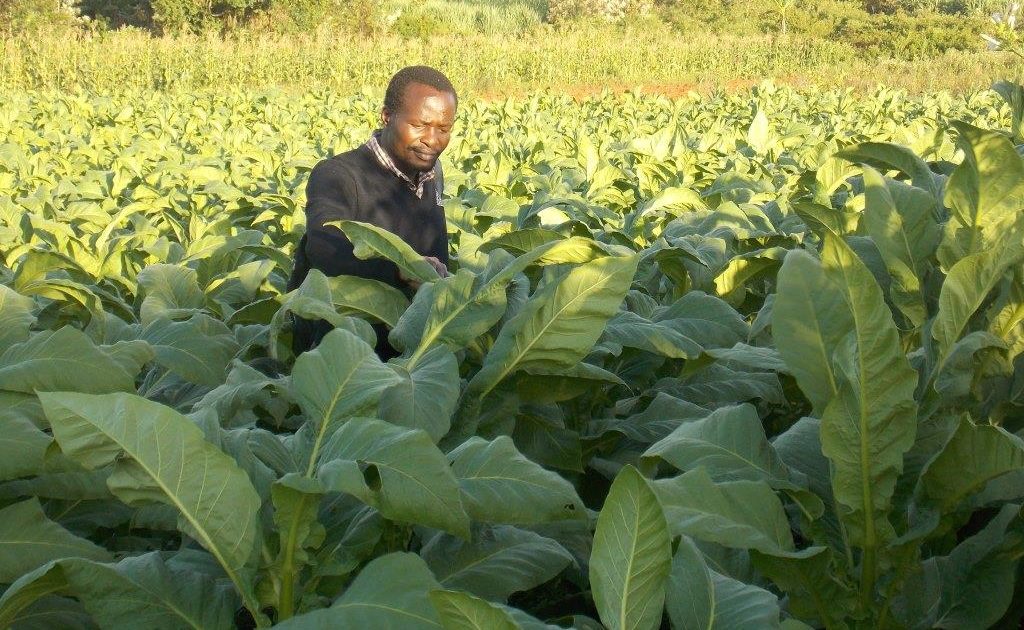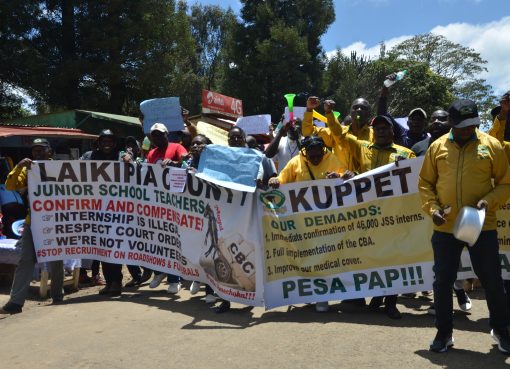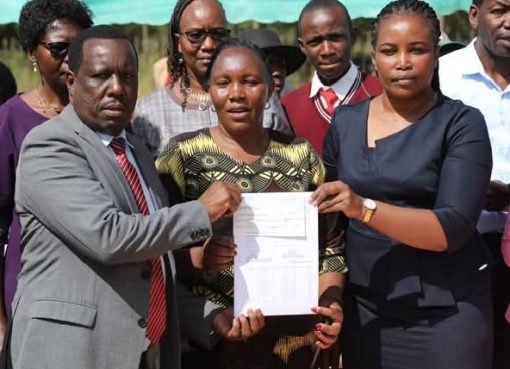As World leaders gather in Baku, Azerbaijan to address the Global hit climate crisis this year, the impact of the vice is reportedly becoming worse every day across villages within the third world countries.
Kenya is among the nations that are undoubtedly feeling the heat as its people continue to bear the brunt of climate change in form of emerging pollution trends, disease streak, unpredicted rainfall pattern and famine among other negative climate vagaries
The climate crisis in Kenya manifests a lot on the side of food insecurity partly triggered by reduced land fertility that is widely identified in every corner of the nation.
From Kuria region to Nyatike, Migori, Rongo, Awendo and to Uriri areas of Migori County, the spikes of the global climate change is visibly notable at the grassroots where food is supposed to be raised to feed the masses.
Environmental experts from the regions say that every family within the area is facing acute food shortage and blame dwindling food production at the farm level majorly on reduced land fertility.
From Kuria land, farmers and particularly those from the eastern part of the region, the epi-center of food basket, have raised alarm over the accelerated soil degradation in their area and that is affecting their efforts to produce more food.
They say if the problem is not addressed immediately, it would cause far-reaching effects to the local community in terms of the health of the people.
The region is mainly inhabited by the Kuria community whose members are largely tobacco, maize, and sweet potato farmers.
Here, it is the decreasing soil quality that has been cited as a major cause for decreased land productivity in the area and in the entire Migori County.
Farmers admit that they do not pay keen interest in rejuvenating their soils for better yields. “Year in year out, we have ploughed the land like our fore fathers,” said a farmer, Mr Chacha Mogesi, who hails from Ntimaru area of Kuria East Sub-county.
Mr George Amimo, an agricultural expert who retired from the civil service recently, says years of cultivating the same crops on the same land “had resulted in poor soils.”
“Farmers have used the same fertilisers and pesticides on the same land for years with the end result being tired soils.” he said during an interview recently.
Amimo, for instance, said that in 1977, an acre of land in the region would produce over 60 bags of maize. “The soils were very productive then. But the same cannot be said today as the same acre now yield far below 20 bags,” he added.
He noted that the fertilisers and pesticides that the farmers fondly use to spruce up their crops had increased soil acidity to the detriment of production
“They have been planting and top dressing fertilisers and herbicides for a long time thinking that this would increase production. But instead, this has exerted pressure on the soils leading to low yields,” he said.
A soil expert, Dr Collins Were, says the declining soil fertility in the region and country as a whole has been complicated by expensive soil testing services making it difficult for poor farmers to establish the status of their soils.
“Farmers for a long time disregarded soil status, including its composition, as a factor to consider before engaging in farming,” he said in Migori town recently.
Dr Were said 4.5 million acres of land in Kenya is arable and is annually put under crop production. “This arable land is fast losing productivity due to the limiting soil acidity caused by repeated growing and harvesting,” he affirmed.
Other causes, he cited, are leaching or the removal of nitrate nitrogen from the soil by dissolution, build-up of soil organic matter and continued use of fertilisers containing ammonium or urea
Mechanised farming through use of tractors to plough and plant had compressed soils, further hiding the nutrients necessary for crop productivity
“Compressed soils have made it difficult for crop roots to go down to where crucial nutrients are found,” explained Dr Were. As a result, he added, roots spread sideways instead of downwards towards the nutrients.
“Due to the compaction, nutrients get locked up and there is lack of air and water circulation in the soil. This hampers germination,” said the expert.
He explained further: “When it rains, water does not also infiltrate the soil and that is why farmers experience flooding in their farms during rainy seasons.”
Other effects of compaction on farming include suffocation of seedlings by floodwaters, washing away of herbicides, non-evaporation of water and cracks on the ground, which prevent moisture conservation.
Dr. Were said use of fertilisers to increase yields does not work because fertilisers add acidity and do not break the compacted soil.
According to this expert, the ideal way to increase yields and subsequently reap profits from farming is to focus on ground preparation.
Dr. Were now wants farmers to be introduced to a specialised product- Agricultural Soil Organic Condition (Agrisoc), a product that reduces compaction and crusting.
Agrisoc, a product developed by Orion East Africa, also breaks hardpan, improves soil microbial activity enhances fertiliser efficiency and reduces soil erosion.
Research had confirmed that the product increases yields by 15 per cent. “It removes fertiliser, calcium nitrogen that has been used overtime, thus reducing soil acidity drastically,” stressed the official.
Other factors that have contributed to low yields include erratic rainfall, lack of incentives and subsidies from the Government, according to agricultural experts.
Widespread activities like Sand harvesting and Gold mining in Nyatike, Rongo and Kuria West Sub Counties have all been identified as the worst forms of farm land destruction.
And to add to the list of farmers’ woes, the effects of relying on a few vulnerable crops like maize for years has also dealt a severe blow to food production in the region.
Environmentalist, Francis Marwa also fingers increased harvesting of trees as part of the negative efforts reducing soil fertility and food production in the area.
“Mass cutting of trees, but with less efforts to replace them by farmers who use hundreds of tonnes of wood fuel to treat their tobacco leaf is one activity affecting food production in this region” said Gibai, the director of Kuria Data Link Initiative.
The area has been exposed to serious soil erosion and fast dwindling soil fertility thus threatening the region’s food security.
We are appealing to the government to put a stop to illegal activities that are threatening the environment including logging, poaching, and over-grazing and cultivation on water catchment areas, he added.
Activists now say that the absence of clear boundary between farm-land, water sources and forest areas is a major contributor to human encroachment into areas supposedly marked as restricted points.
The government should work together with the local community to draw up clear boundaries as this will do away with the excuse of ignorance among the local people, concluded Gibai.
By George Agimba





